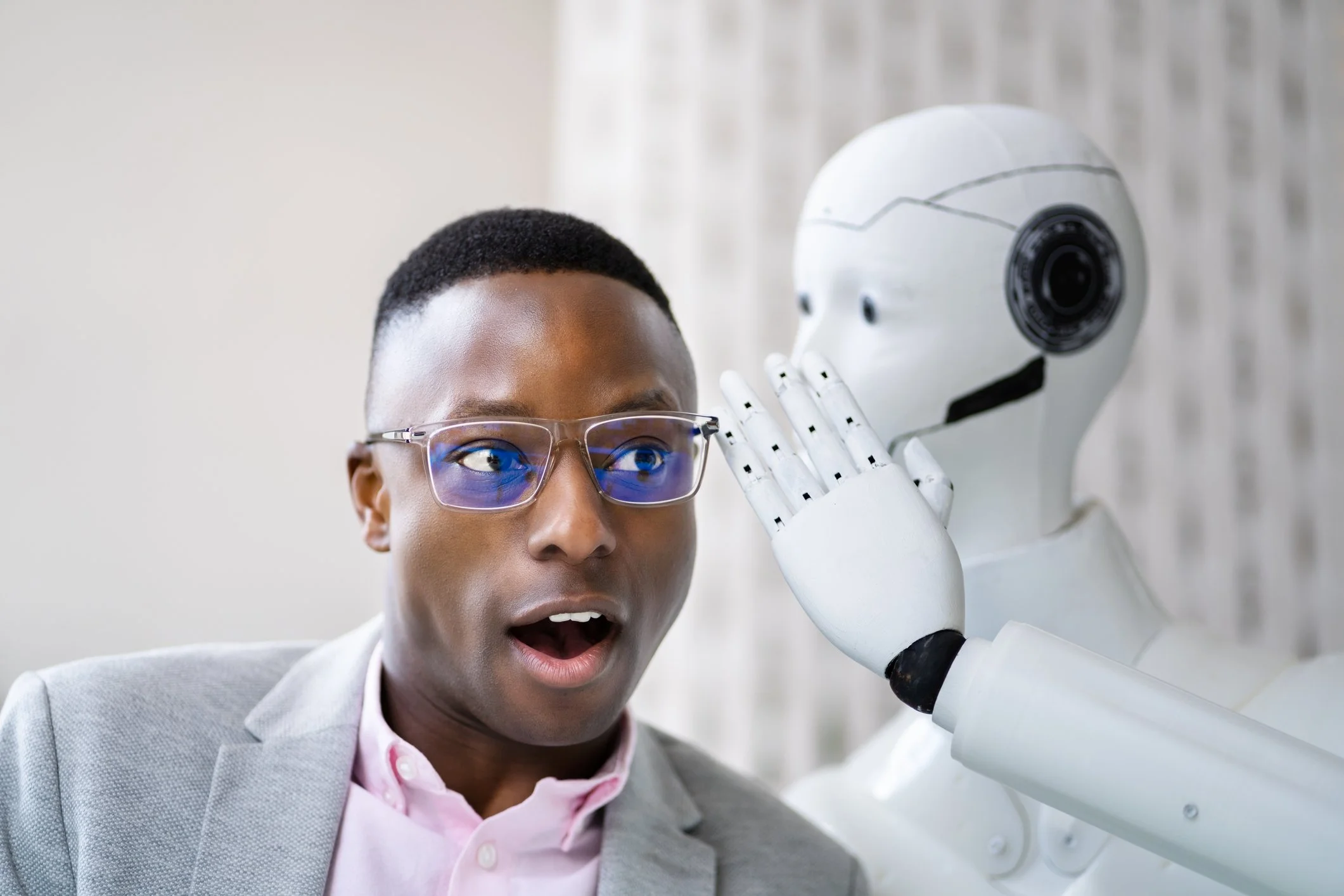Why Teens Are Using AI Like Therapy
Introduction
ChatGPT isn’t just for homework anymore. Across social media, teens are talking about how they use AI chatbots to vent, share feelings, and even seek advice. For many, these tools feel like a safe space—always available, never judgmental. But why are teens turning to AI like therapy, and is it actually helpful?
In this post, we’ll explore the trend, the benefits and risks, what experts think, and how teens can use AI responsibly without replacing real human support.
What’s Behind the Trend?
Teens today face unique pressures—academic stress, social comparison on social media, and increasing rates of anxiety and depression. At the same time, therapy can be expensive, hard to access, or intimidating.
AI offers something different:
24/7 availability: No appointment needed.
No judgment: Teens can open up without fear of gossip or stigma.
Instant response: No waiting weeks for a therapist.
Many teens describe AI chatbots as “someone who listens” when no one else can.
How Teens Use AI as a Friend or Therapist
AI chatbots like ChatGPT, Replika, and others are being used in surprisingly personal ways:
Emotional venting: Teens share frustrations, fears, and feelings.
Asking for advice: From friendship drama to family conflicts.
Role-playing support: AI can mimic empathy or offer motivational words.
Some teens even name their chatbot and talk to it daily—treating it almost like a digital friend.
What Teens Are Saying Online
On TikTok and Reddit, teens openly share how AI feels like a safe outlet for their thoughts. The hashtag #AItherapy has millions of views, featuring stories like:
“My AI bot is the only thing I can talk to when I’m stressed.”
“Sometimes I just need someone to listen, and ChatGPT does that.”
While these posts often show gratitude for AI, some users admit they feel more connected to bots than to real people, raising concerns among mental health experts.
The Psychology Behind Why We Bond With AI
Why do teens feel such a strong connection to AI? It comes down to anthropomorphism—our tendency to give human traits to non-human things. When a chatbot says “I understand how you feel,” our brains interpret it as empathy, even though it’s just code.
Other reasons include:
Low risk: Teens fear being judged by people; AI removes that fear.
Predictable responses: AI never snaps, mocks, or rejects.
Control: Teens feel in charge of the conversation, unlike with peers or parents.
This illusion of understanding makes AI feel safe, but it’s important to remember—it’s not human and can’t truly care.
Is It Helpful or Harmful?
Like most tech trends, this one has two sides:
The Benefits:
Immediate support: Helpful in moments of stress or loneliness.
Reduced stigma: Easier than asking a parent or counsellor.
Practice space: Teens can rehearse conversations or express feelings without fear.
The Risks:
Lack of real empathy: AI doesn’t truly understand feelings.
Inaccurate advice: Chatbots can make mistakes or give harmful suggestions.
Over-reliance: Teens might avoid real human connections or therapy.
Privacy concerns: Conversations may be stored and analysed by companies.
What Experts Say
Mental health professionals agree that while AI can feel supportive, it’s not a replacement for therapy.
“AI can help teens feel heard in the moment, but it doesn’t provide the depth, understanding, or personalised care that a trained therapist offers.””
Experts recommend AI as a supplement, not a substitute. If a teen is struggling with serious anxiety, depression, or thoughts of self-harm, professional help is essential.
What Teens and Parents Should Know
AI can be a tool, not a solution. Use it for venting or brainstorming, not treatment.
Set boundaries. Don’t let AI replace friendships or human connection.
Watch for warning signs. If you feel worse after using AI, seek real help.
Know the limits. AI is trained on data, not feelings.
Healthy Alternatives & Resources
If you need emotional support:
Talk to someone you trust: A parent, teacher, or friend.
Use mental health apps: Headspace, Calm, Moodfit.
Hotlines:
UK: Childline (0800 1111)
US: 988 Suicide & Crisis Lifeline
Text services: Text SHOUT to 85258 (UK), or 741741 (US).
Final Thought
AI chatbots can feel like friends, but they’re not human. They can listen, respond, and even comfort—but they can’t replace the depth of human connection or professional care. If you’re a teen using AI for emotional support, that’s okay—but make sure you’re also leaning on real people who care about you.
FAQ’s
-
It’s generally safe if teens use AI for casual emotional support, but it should never replace real therapy, especially for serious issues.
-
No. AI can provide advice and empathy-like responses, but it lacks true understanding and clinical expertise.
-
AI feels non-judgmental, anonymous, and available anytime—qualities teens value when they feel misunderstood.
-
They can help reduce loneliness and stress, but they’re not a long-term solution for mental health problems.
-
Encourage open conversations about why they use AI, set limits, and remind them that real people are important too.


